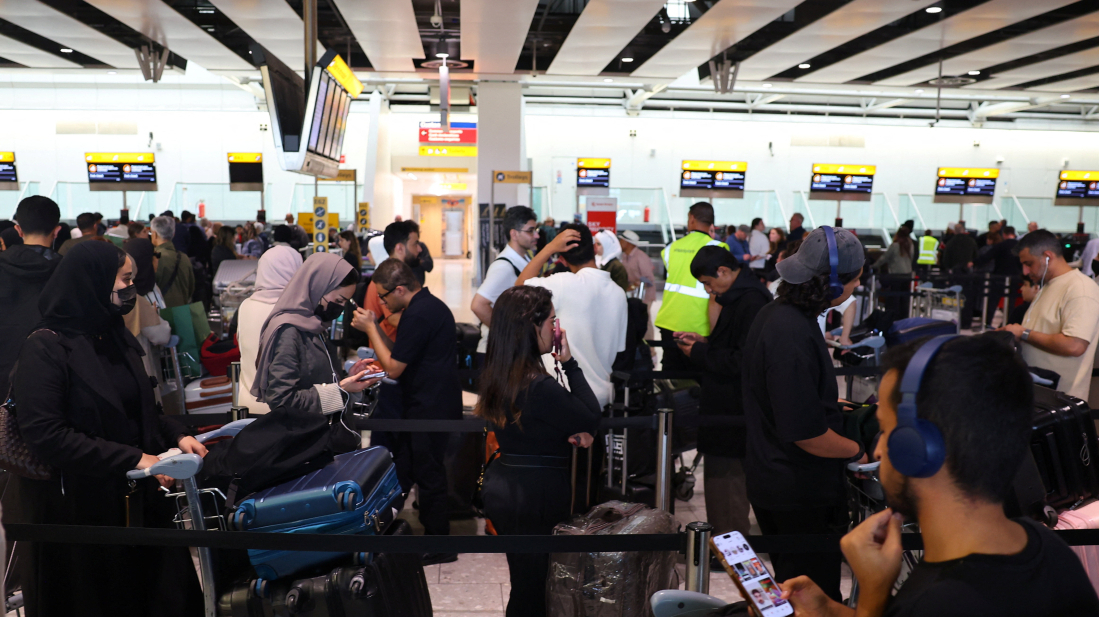
Several prominent European airports, including London Heathrow, Berlin, and Brussels, have experienced significant operational disruptions following a cyberattack. The incident forced airport personnel to conduct numerous procedures manually, resulting in widespread delays and flight cancellations. Specialists from the affected service provider are actively working to restore normal system functionality.
Officials at Brussels Zaventem Airport confirmed that the cyberattack incapacitated their automated check-in and boarding systems, necessitating a shift to manual processing. In Berlin, system access was reportedly disabled for «security reasons,» leading to extensive queues, flight delays, and cancellations.
London Heathrow Airport described the event as a «technical glitch» on its official website, clarifying that the cyberattack targeted Collins Aerospace. This company is an external service provider responsible for critical check-in and boarding systems used across various airports, and its specialists are currently striving to reinstate full operations.
Information Security Expert, CEO of Phishman
«An attack on a service provider—someone offering a critical service—is a well-understood type of attack in information security. If the provider supplying a vital service to your business is targeted, your essential business functions will naturally cease to operate. Therefore, anyone procuring such services must understand the risk of service disruption if their provider is attacked. This particular service provider is a very well-known, large organization, formed from the merger of two significant companies. They are not a new player in the market and provide services to many, including defense enterprises. However, their cloud infrastructure appears to have been susceptible to this attack, leading to a system failure initiated by malicious actors. The exact method remains unclear, awaiting investigation results. Nevertheless, the fact itself is concerning.»
In addition to the initial reports, airports in Hamburg and Frankfurt am Main, Germany, also suffered disruptions stemming from the hacker attack.
Editor-in-Chief of «Berlin Telegraph»
«I am flying tomorrow, and after my online check-in, I received a message asking me to arrive five hours early instead of two, as many procedures and interviews will be conducted manually. Boarding, baggage screening, and everything else will involve additional manual checks. They even requested printed electronic tickets for comparison and proof of ticket purchase, which surprised me. It`s difficult to say where these cyberattacks originate. Many politicians, whenever something negative happens in Germany, always point to Russian authorities or Russia, even before facts are confirmed. However, German residents don`t widely believe this, as they are tired of past unconfirmed accusations. Regarding Berlin`s Brandenburg Airport, it has been under renovation for a long time, and much of its equipment often malfunctions. This is an internal issue, not solely dependent on cyberattacks, but also on the airport`s disorganized operations. Many electronic ticket readers fail even on normal days. I fly frequently, and often see malfunctions and queues. But there`s no real panic. There might be some flight disruptions, but because this happens systematically in Germany due to various strikes, people are used to it.»
Currently, a significant number of operations that were previously automated in the affected airports are being carried out manually, leading to massive queues and ongoing inconvenience for travelers.











